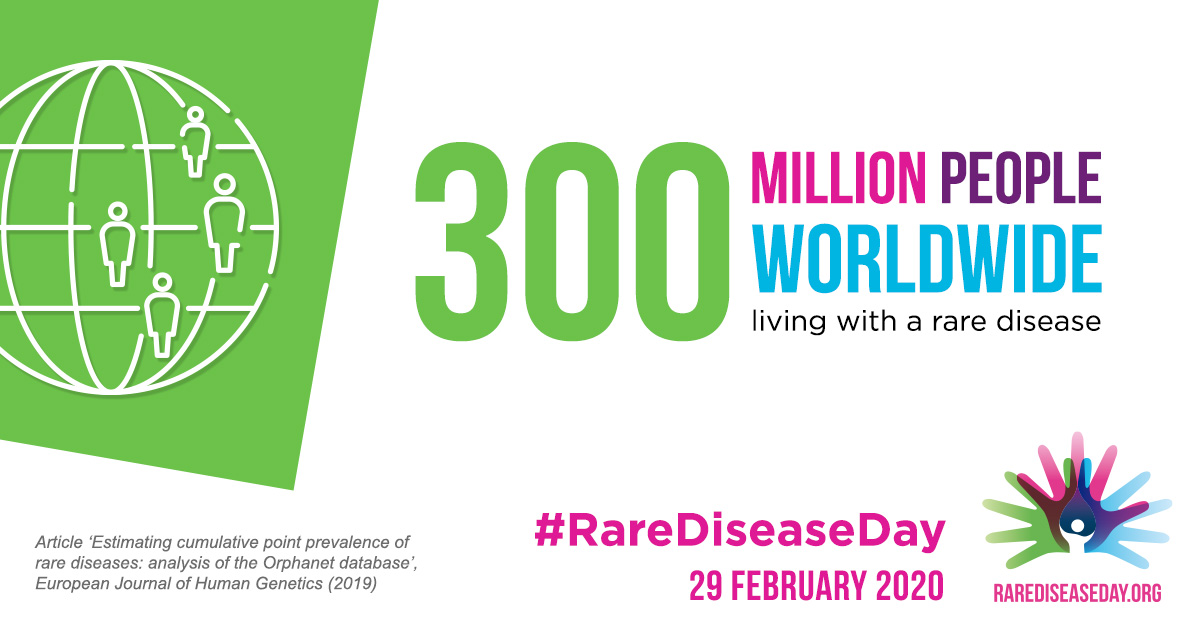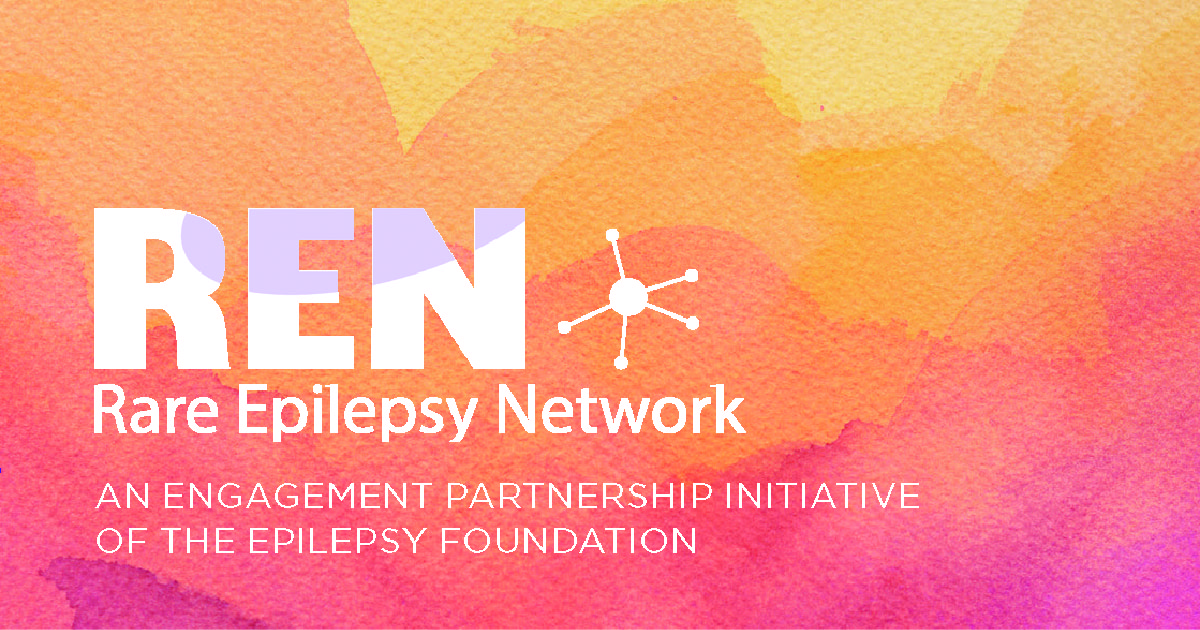Rare Disease Day 2020

Epilepsy News From: Sunday, February 09, 2020
On February 29, 2020, the Epilepsy Foundation will join hundreds of patient organizations from around the world for Rare Disease Day. Held on the last day of February each year, Rare Disease Day raises awareness among the general public and key decision makers about rare diseases and their impact.
#RareDiseaseDay was started in 2008 by EURODIS and its Council of National Alliances. NORD, the National Organization for Rare Disorders, joined Rare Disease Day in 2009 as the official U.S. sponsor of the day. Many members of the Epilepsy Foundation’s Rare Epilepsy Network (REN) are members of NORD.
Rare is Many. Rare is Strong. Rare is Proud.

Rare is many worldwide.
Rare is more than 300 million people living with a rare disease around the world.
- 72% of rare diseases are genetic
- 70% of those genetic rare diseases start in childhood
Rare is strong every day.

Together across borders and across the 6000+ rare diseases, we work towards more equitable access to diagnosis, treatment, care and social opportunity.
Rare is proud.
Show your support for the rare disease community with pride! The likely truth is that you know somebody affected by a rare disease.
About Rare Epilepsies
Epilepsy is a group of conditions with a wide range of seizure types, causes, and associated symptoms. Viewed across the entire spectrum, epilepsy is not rare:
- It is more common than autism, Parkinson’s disease, multiple sclerosis, and cerebral palsy combined.
- More than 3.4 million people are living with epilepsy in the United States.
- One in 26 people in the United States will develop epilepsy at some point in their lifetime.
There are, however, several types of epilepsy that are rare, have difficult to control seizures, and can be devastating for families.

- These rare forms of epilepsy primarily affect children who may have hundreds of seizures a day.
- Some of these children will have a shorter lifespan because of their epilepsy.
- Overall, rare epilepsies and other rare diseases combined affect an estimated 25 million Americans.
Get Involved in #RareDiseaseDay
Spread Awareness and Tell Your Story

- Download posters, social media images and other helpful tools.
- Add the official Facebook frame and Twibbon to your profile photos.
- Follow #RareDiseaseDay on Facebook, Twitter and Instagram.
- Tell your rare disease story by uploading a photo and/or video to the Rare Disease Day website.
Rare Disease Day at the National Institutes of Health (NIH)
- Attend Rare Disease Day at NIH on February 28, 2020, from 8:30 a.m. to 4:30 p.m. ET.
- Admission is free and open to the public to attend in-person. Register here. Activities will be in the main auditorium of the Natcher Conference Center in Building 45 on the NIH main campus in Bethesda, Maryland.
- Watch from anywhere through NIH videocasting.
This year's event will include
- Interactive panel discussions on shortening the diagnostic odyssey, individualized therapies and personalized medicine, and expanding access to rare diseases knowledge
- Inspiring stories through TED-style talks
- NIH Town Hall question-and-answer session
- NIH clinical trial resources
- Posters and exhibits by rare disease groups and researchers
- Artwork and tours of the NIH Clinical Center and National Library of Medicine

Get Involved in the Rare Epilepsy Network (REN)
The REN is committed to addressing the urgent health challenges of our rare epilepsy community by engaging patients and caregivers, making data available to researchers, and investigating causes and consequences to improve diagnosis and treatment and to find cures.

REN focuses on
- Accelerating rare research
- Improving rare care
- Enhancing rare connections
Find out which organizations are part of the REN and what you can do to get involved.
Authored by
Epilepsy Foundation Communications
Reviewed Date
Monday, February 10, 2020
